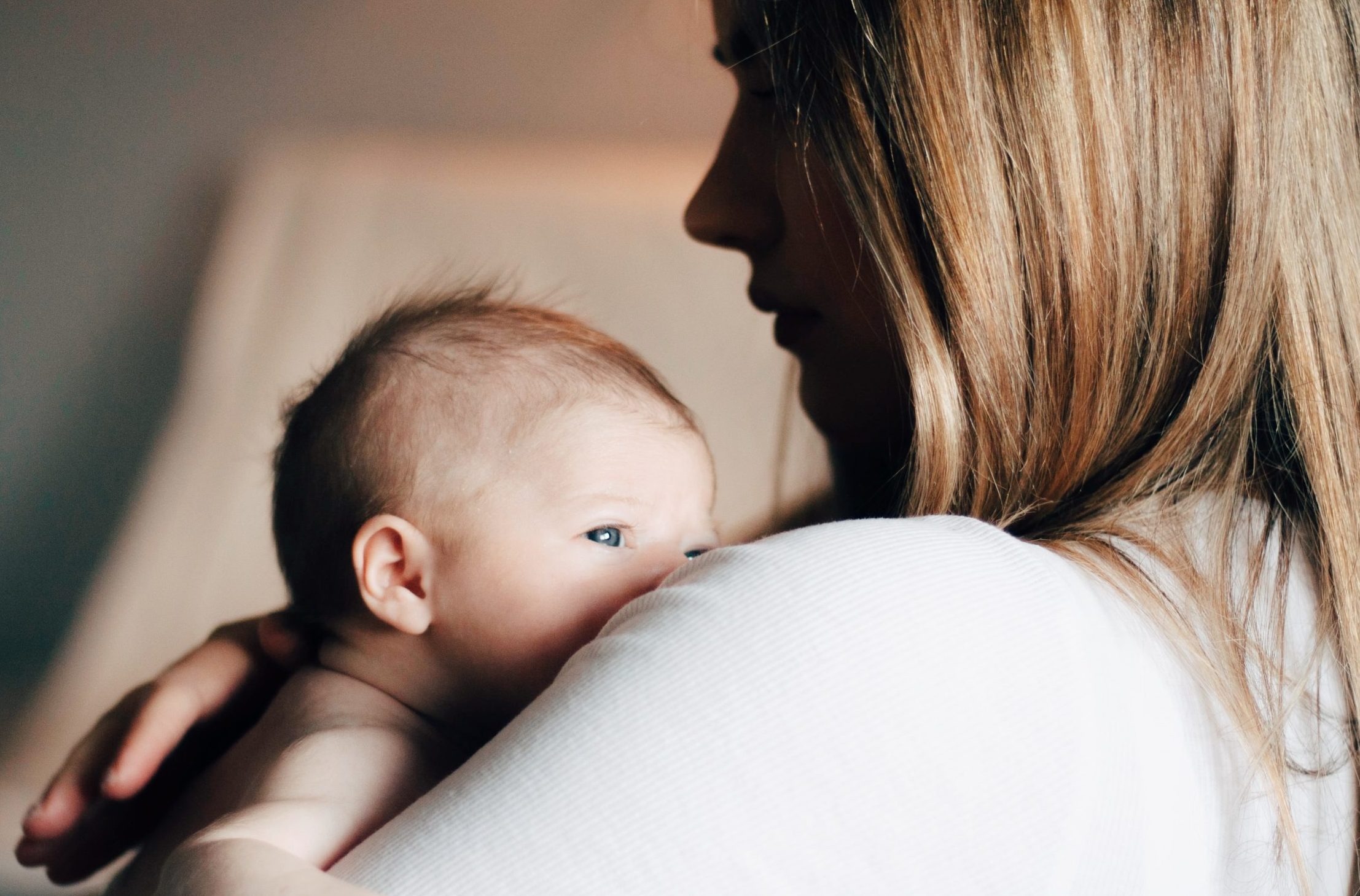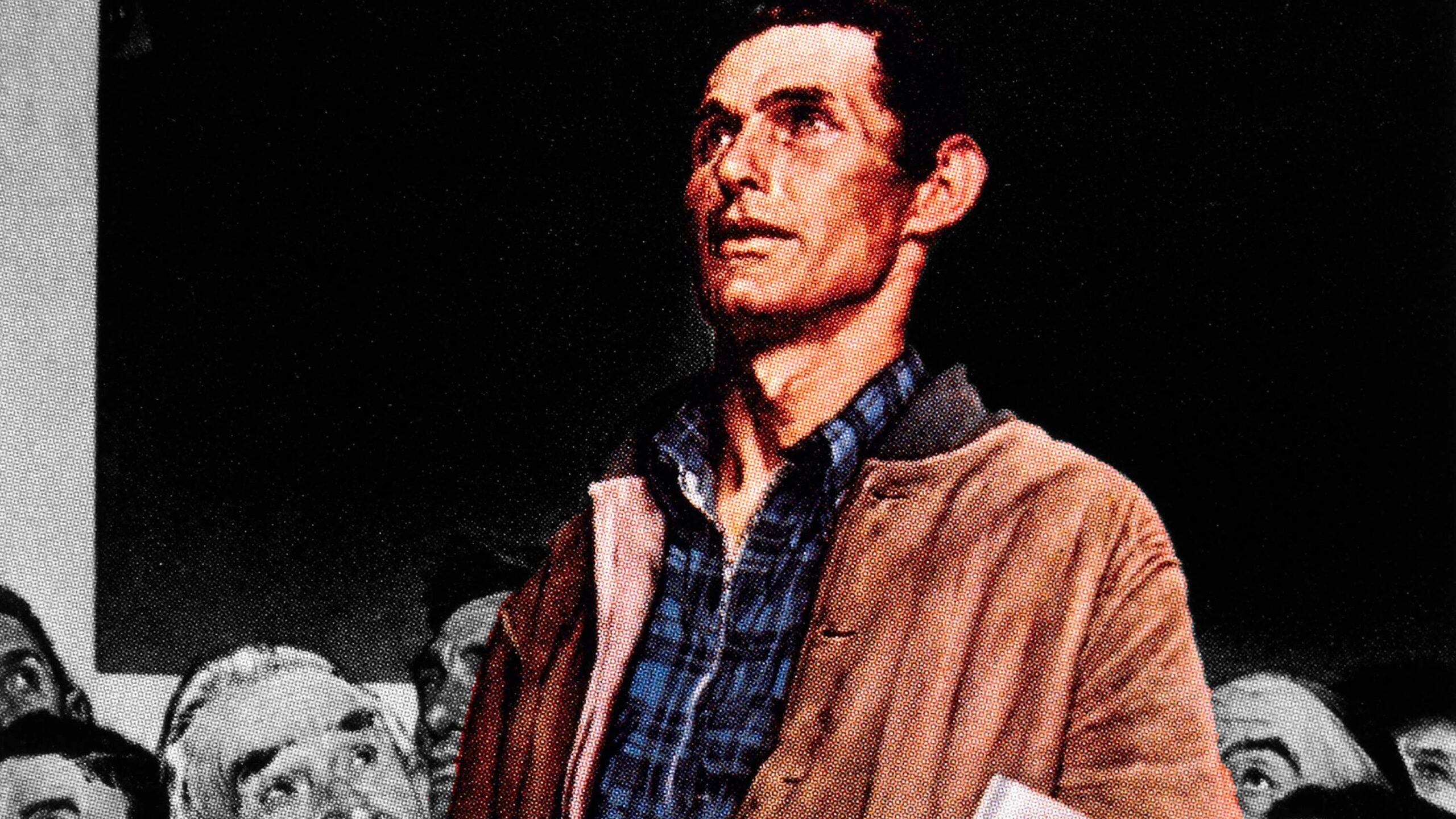

RECOMMENDED READING
When I was in my 20s, I was confident I’d be a stay-at-home parent if I had children—I simply didn’t give the alternatives much thought. But sometimes life goes in different ways than you expect.
I got married in November 2019 at age 33. Three months later, in February 2020, we had a surprise positive pregnancy test. It was quicker than we had expected, and, of course, the world shut down just a few weeks later. In addition to all the usual concerns of first-time parents, we had the added stress of a pandemic whose effects were largely unknown at that time. Spring 2020 was a roller coaster of stress, dreams, doctor visits, and crushing isolation.
While all of that was going on, and the due date drew closer, I was the primary breadwinner in our family. I felt that I’d worked very hard to get to where I was, and that quitting my job outright in seven months would leave our family in a financially unstable position.
Although I still struggled with the notion of leaving my infant with a near-stranger 40–50 hours per week, my manager asked for a definitive answer to the question of if I was “coming back” after childbirth. I felt compelled to say yes. I felt that my only option was giving the working-mom routine a try, at least for a few months.
I worked in a male-dominated industry, in a company with around 150 employees across three states. It had been 30 years since a current full-time employee had had a child, which meant there simply wasn’t much of a company precedent when it came to maternity leave. The best my company’s HR staff could offer was a combination of FMLA leave (up to 12 weeks) and short-term disability pay. I immediately knew I’d max out the FMLA time—even 12 weeks seemed too short a time to bond with my newborn daughter. Short-term disability would cover only 60% of my base pay, and there was other, dismaying fine print that I didn’t discover until later—it did not pay out anything the entire first week of leave, for instance.
When it came time to deliver the baby, I had an unexpected C-section. The short-term disability pay ended at eight weeks, so I had to use all of my remaining paid time off to cover the last four weeks (and still, that only partially covered it). That meant no vacation time left for 2021.
After a couple of months of full-time work, paired with the costs of in-home child care (I couldn’t stomach the thought of my baby at a traditional daycare center), I decided the routine was simply not sustainable. My mental health took a major hit after the sudden transition back to full-time work, and I missed the physical reality of being with my baby. After factoring in how the high cost of child care was eating into my income, I decided a full-time job simply wasn’t worth it. Fortunately my company allowed me to scale back to part-time work, and so far, we are able to just about get by, even with my major pay cut.
All in all, welcoming our child, a joyous event for any family, also meant a substantial financial hit to our family, even before considering our sizeable out-of-pocket hospital bills. Having a second child anytime in the next five years seems ludicrous. We would love to have more, but we won’t be able to afford another financial setback anytime soon.
Many challenges that families face after the birth of child—the expense of child care, going into debt, lack of family support, social isolation, among many others—cause many talented women to feel that they have no choice but to drop out of the workforce as soon as they start families, often at the heights of their careers. Better maternity leave policies, like those in other countries, could give women like me the flexibility we need to juggle the roles of worker and mom. I love being a mother more than anything—I just wish there were better options to make it more achievable for working women who dream of having their own babies someday.
Edgerton Essays are a project of American Compass and the Ethics and Public Policy Center, and feature the perspectives of working-class Americans on the challenges facing their communities and families and the debates central to the nation’s politics. If you or someone you know might be interested in contributing to the series, click here for more information.
Recommended Reading
“Family Policy” Should Include Caring for Maternal Health
Lots of people have been talking about “family policy.” Let’s not forget that family policy starts with mothers.
The Edgerton Essays
Perspectives from the Working Class
Introducing the Edgerton Essays
The goal of these essays is to help inform policymakers and pundits about what matters most and why to the vast majority of Americans who have no day-to-day connection to our political debates.













